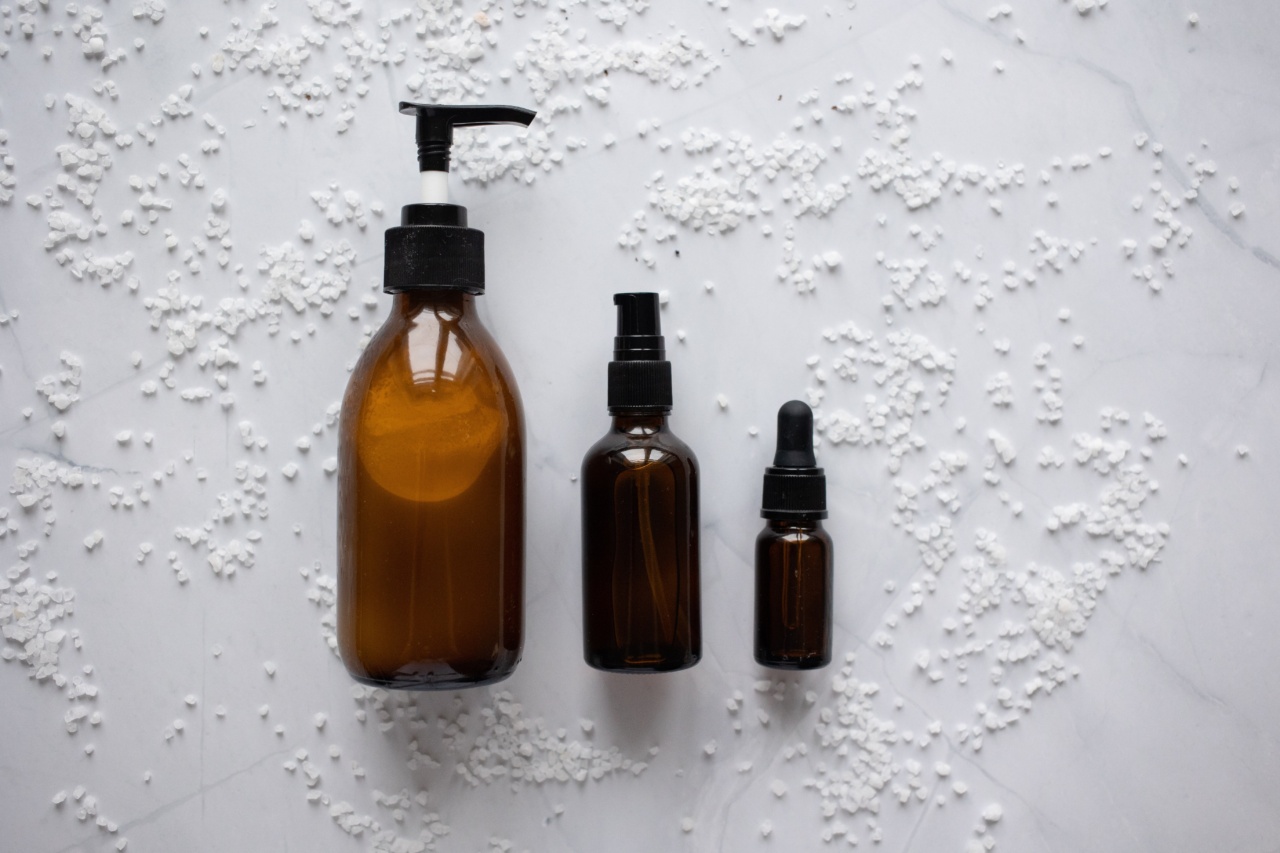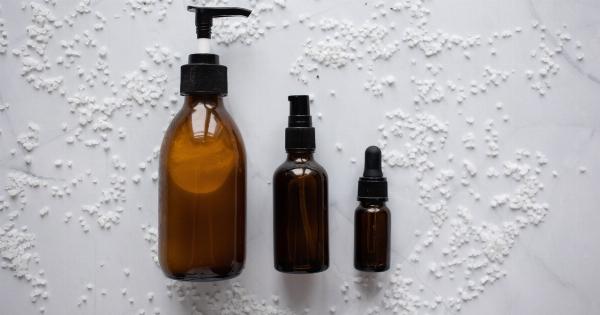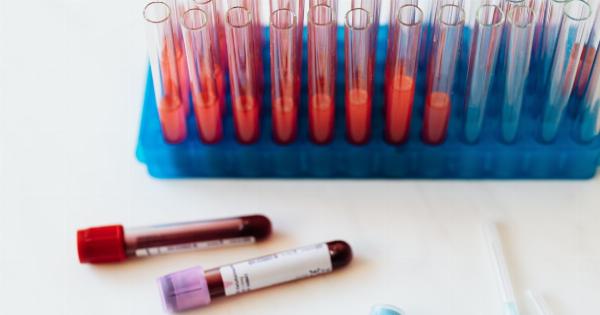Excessive salt and liquid retention can lead to a range of health issues, including bloating, edema, and high blood pressure.
Thankfully, there are several effective strategies to help deflate salt and liquid retention and restore your body’s natural balance. In this article, we’ll explore three key tips that can help you reduce fluid retention and promote overall well-being.
1. Adjust Your Diet
One of the most effective ways to tackle salt and liquid retention is to make changes to your diet. Here are some dietary adjustments that can help:.
Reduce Sodium Intake: High sodium intake is directly linked to water retention. Limit your consumption of processed foods, canned soups, fast food, and condiments that are typically high in sodium.
Instead, opt for fresh, whole foods and use herbs and spices to enhance the flavor of your meals.
Increase Water Consumption: It may seem counterintuitive, but drinking more water can actually help flush out excess fluid from your body. Aim to drink at least 8 cups of water per day to stay hydrated and encourage regular urination.
Consume Foods Rich in Potassium: Potassium helps regulate fluid balance in the body. Incorporate potassium-rich foods such as bananas, oranges, avocados, spinach, and sweet potatoes into your diet.
2. Engage in Regular Physical Activity
Regular exercise is essential for overall health and can also help reduce salt and liquid retention. Here’s how physical activity can assist:.
Promotes Sweating: Sweating during exercise helps rid the body of excess sodium and fluid. Choose activities that make you sweat, such as running, cycling, or practicing hot yoga.
Improves Circulation: Physical activity improves blood circulation, preventing fluid from pooling in the extremities and causing swelling.
Aim for at least 30 minutes of moderate-intensity exercise, such as brisk walking or swimming, most days of the week.
Supports Healthy Weight Loss: Maintaining a healthy weight puts less strain on your body and reduces the risk of fluid retention. Combine regular exercise with a balanced diet to achieve and maintain a healthy weight.
3. Incorporate Natural Diuretics
Natural diuretics can aid in reducing salt and liquid retention by increasing urine production and promoting fluid elimination. Some effective natural diuretics include:.
Dandelion: Dandelion leaves and roots have long been used as a natural diuretic. You can enjoy dandelion tea or incorporate fresh dandelion leaves in salads.
Parsley: This herb not only adds flavor to your dishes but also has diuretic properties. Try adding fresh parsley to your meals or infusing it in hot water for a refreshing herbal tea.
Celery: Celery acts as a natural diuretic due to its high water and potassium content. Enjoy celery sticks as a healthy snack or include it in your favorite recipes for added crunch and flavor.
Watermelon: This juicy fruit has a high water content, making it a natural diuretic. Enjoy watermelon as a refreshing snack or blend it into a delicious smoothie.
Incorporating these natural diuretics into your diet can help promote urine production and reduce fluid retention.
Conclusion
Reducing salt and liquid retention is crucial for maintaining optimal health and preventing related complications.
By adjusting your diet to reduce sodium intake, engaging in regular physical activity, and incorporating natural diuretics, you can help deflate salt and liquid retention and restore your body’s equilibrium. Remember to consult with a healthcare professional if you have underlying health conditions or if your fluid retention persists despite these lifestyle changes.































